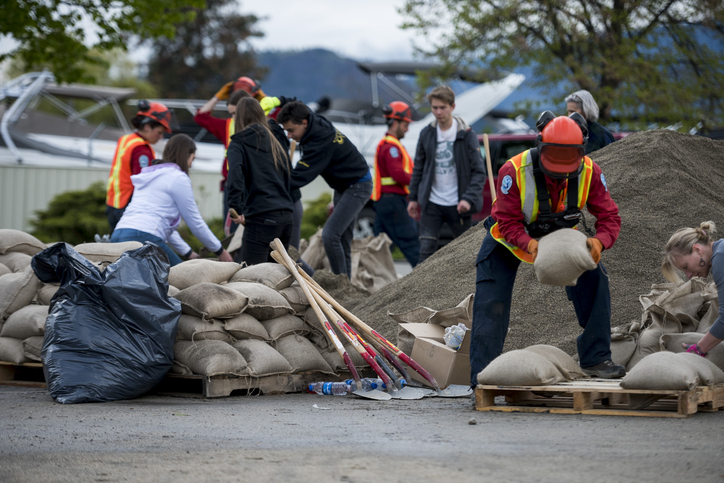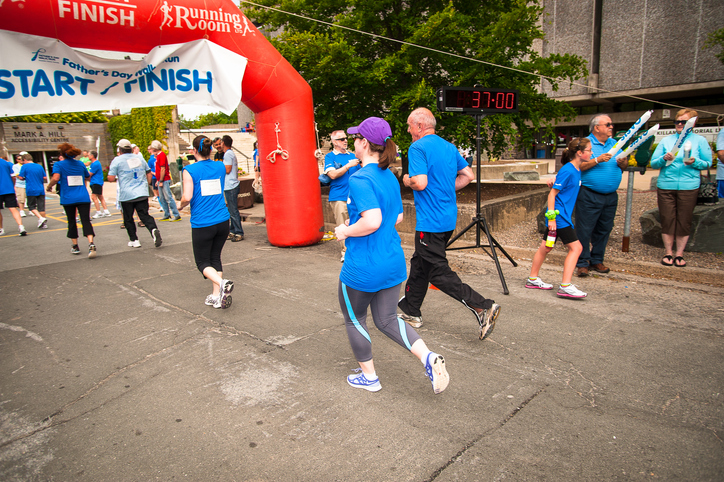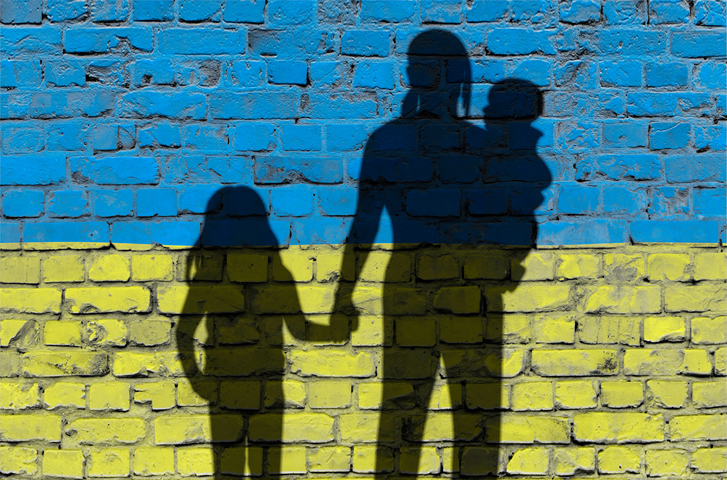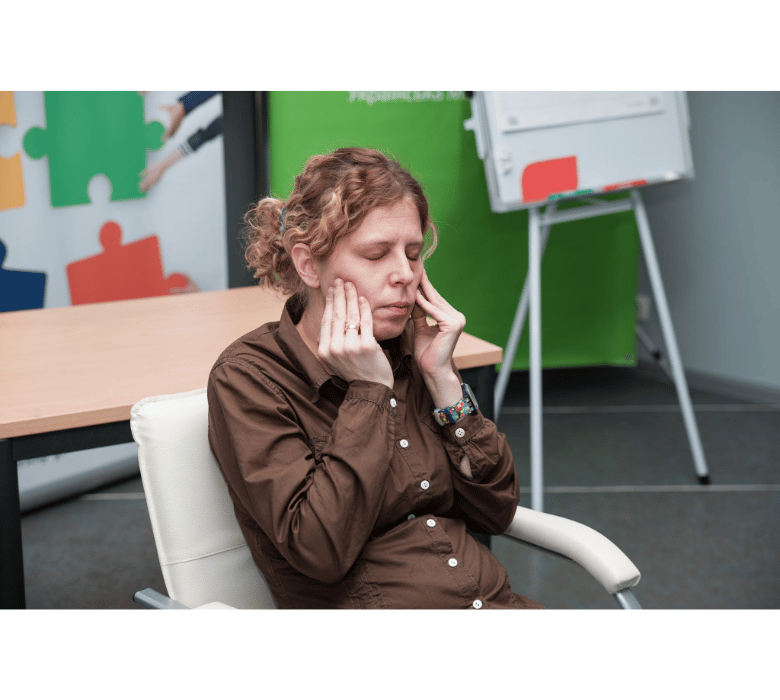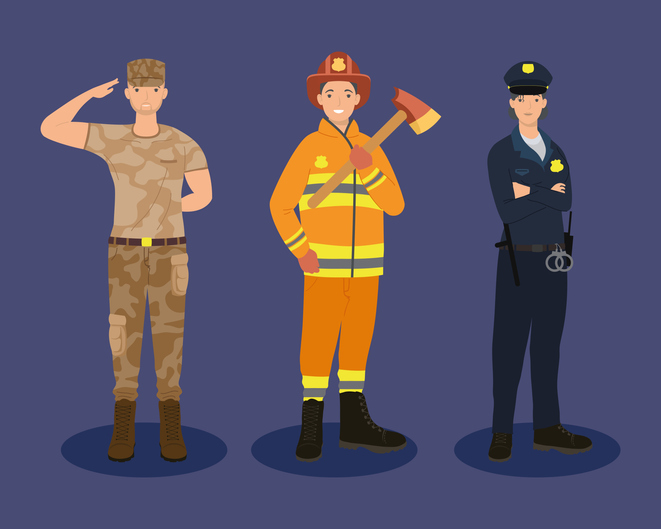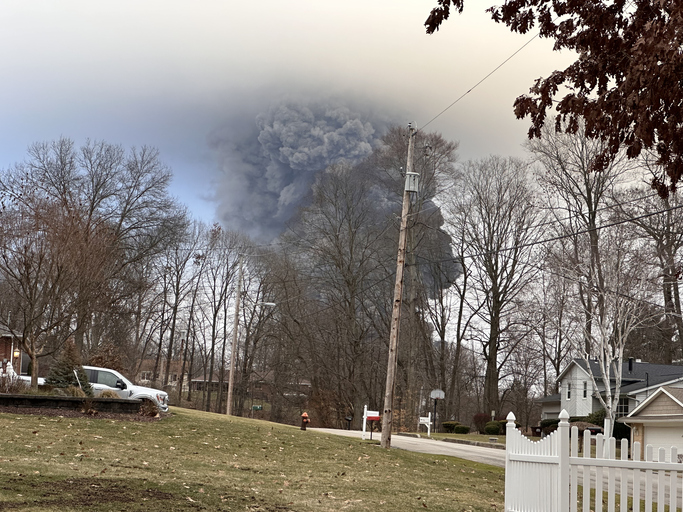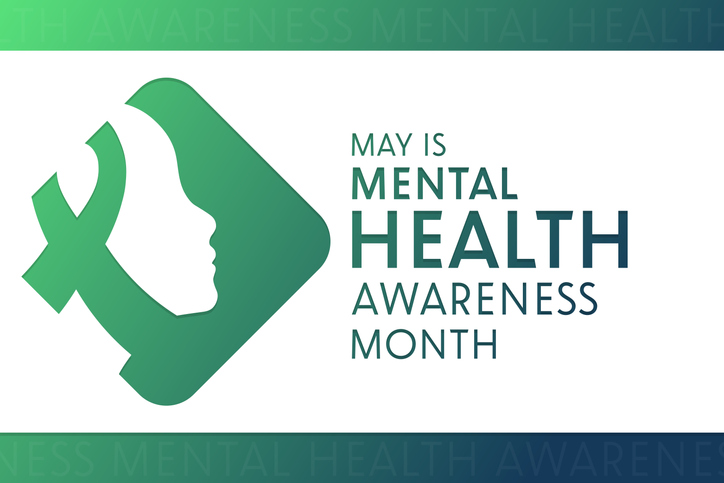Ukrainians Displaced by War after a Year of New Life
A special series by Kateryna (Katya) Zhuk. Katya heads a Ukraine charity monitoring organization, Charity Tuner, and shares her experience as a refugee in Warsaw, Poland.
Probably the next shocking news after the first missile strikes on February 24, 2022, was that of Ukrainian refugees. Benefitting from visa-free entry to the EU, the first refugees — mothers and children — left their homes seeking safety. Millions followed, flooding neighboring countries and relatively safe regions inside the country as well.
Here are the numbers:
- Ukraine’s population in 2013 — about 45 million people.
- Ukraine’s population in 2021 (without occupied territories) — about 41.5 million people.
- Ukrainian refugees abroad by February 2023 — about 8 million people.
- Internally displaced Ukrainians by February 2023 — about 4.8 million people.
And here is the math:
- 1/7th of the current population of Ukraine are internally displaced people (IDP).
When was the last time the world faced such a situation? I can only speculate that it was during World War II.
February 454th
”What was your February 24th?” The most popular question last year indeed. When somebody asked me, I realized that I had been living in February 24th for all those months, even when listening to a summer Warsaw rain outside my window. It has been 454 days since 02/24/2022.
For many of us, the seasons didn’t change until October. Then it got cold — cold to move, cold to live, cold to wait. A different amount of winter and summer clothes fit in the suitcase.
The term IDP (VPO in Ukrainian) entered the everyday life of every adult Ukrainian in early 2014. After Ukrainian President Yanukovich was ousted by the people that year, Russia invaded, annexed Crimea, and declared Donetsk and Luansk as independent states. In response, Ukrainian citizens were leaving their homes in the occupied territories for adjacent free regions or deep into Ukraine. According to 2015 statistics, the number of IDPs who left the occupied territories of Luhansk and Donetsk regions and Crimea is 1.1 million —1/40th of the population of Ukraine. Several years later, I wrote about their adaptation processes and problems, interviewing the most vulnerable — single mothers. However, the vast peaceful country managed to cope with the flow of people then, and everyone who wanted, found their place, their new community, new home, and new job.
Before and After
Nine years ago, it hardly occurred to anyone that people who had lost their homes to the occupation needed help with something other than new housing and basic necessities. Some thought about children and offered special summer rehabilitation camps or trips. And the concept of post-traumatic stress disorder (PTSD) was discussed as applied to military veterans exclusively.
Today, for those who had to flee their home for the second time in less than a decade, the traumatic experience peaks like this: “Katya, we decided to move to Canada. Because first we lost everything in Donetsk, and now we lost everything in Kharkiv. We can’t take any more losses. We want to go as far away as possible.” Could moving to another continent be called a cure for trauma? Hardly. Could you call it finding a new home? Well, yet again, hardly, as all the countries of the world offered just a temporary opportunity to get away from the war. A year and a half in Poland so far. Three years in Canada. This is just another mental burden.
Each of us asks the question: “Where will we be tomorrow?”
They say that to understand a person, it is enough to put yourself in their shoes and imagine their circumstances. Empathy. Yet, if this person lives next door and you don’t see their problems from outside, you won’t remember them every day — you will live your own life. Just like that, after 400+ days of war the whole world returns to usual life. We are still behind that door, but we look just like you. We are wearing the same clothes, shop in the same supermarkets, our children speak all the languages of the world in schools and kindergartens with their new friends. But… where did that silent boy, sitting still in the corner, come from? He’s been sitting there for a long time; how much longer can it be? Much, actually. He is from Mariupol, and he sees no reason to talk to anyone, to be friends with anyone, to learn anything. He remembers his previous experience of friendship, school, home and how it all vanished in the blink of an eye. His mother remembers that their home is forever a ghost, just like the whole of her previous life.
To get a sense of how long it takes to live through trauma, you may recall any sad story from your life. For how long have you returned to that event in your thoughts forgetting what you were doing at the moment? If it’s about your favorite suitcase that cracked on the road, you probably sighed sadly for a week, compared it to all the suitcases in the stores, and finally bought a new one. Now imagine you’ve lived your whole life in one city, graduated from college, found love, kissed under that monument over there, bought an apartment with a mortgage, had two children, and were happy. And then everything disappeared in an instant. The city is razed to the ground, your beloved husband is gone, and you chase away the thoughts of what pit to look for him in. Strangers take you and your children to someplace with a roof over your head, a folding bed, food, and a pile of second-hand things that someone else used and wore. And you no longer have a future. No more past as well.
I touched on different human stories in Poland. A mother and her 12-year-old daughter who walked out of Chernihiv by a narrow path through a minefield past dead bodies. A wonderful old man who miraculously survived the Holocaust then, and now endured two weeks of evacuation from Mariupol by detours. (He called me in December 2022 from a specialized nursing home in Germany: “Katen’ka, the volunteers gave me the phone and I decided to call you first,” and I walked the streets crying afterwards.) Women who, after all they went through, ended up in psychiatric hospitals being no longer able to bear the burden of responsibility for children. Last year, a woman of my age in Warsaw threw herself under a car after her 20-year-old daughter was killed by shelling of another residential building in Ukraine. Last month, an elderly Ukrainian man set himself on fire near the Ukraine’s consulate in Krakow calling on his fellow countrymen to go back home and fight.
The ground has been knocked out from under people’s feet. The Earth is spinning at such a breakneck speed that you either have to run all the time or fall face down. You need someone to reach out and sync you back up, a psychologist. Not any, but a competent crisis psychologist.
It’s somewhat comforting to know we do have access to proper care. After World War II, PTSD was treated only in the military, while civilians were left alone with their own personal hell for almost 20 years. It was not until 1974 that PTSD in civilians was recognized as a real thing to be dealt with. I recommend watching a short informative video (with English subtitles) about the development of this field and reading a short but very scary story (in English) by Mikhail Bulgakov to get a raw impression of how lucky we appear to be.
The New (Not) Normal
People get used to everything, from bombings to sirens to wild inflation. But the most important thing, motivation, is lost. A cameraman I knew recently traveled to Mykolayiv: “Teenagers of 10 to 12 years of age bunch up in groups and beg visiting journalists for money. It’s terrifying! They don’t need school; they don’t need anything! They spend all day long wandering the streets like this”. About Kyiv: “It’s getting warmer. So many people! So many refugees hoping to find work, and traffic jams on the streets. A lot of young homeless people. I have never seen anything like this.” A cameraman who has been filming with journalists all over Ukraine for more than a year putting the picture together, called me to share, to talk it out. Sometimes we have to play psychologists with each other.
To dig deeper, I talked to Lena Nureyeva, a crisis psychologist whom my children and I visit in Warsaw. She has been helping Ukrainians to overcome the aftermath of war trauma since 2014 and continues to do so. Lena is always actively involved in IDP assistance programs, training for helpline counselors, and support for bereaved families.
Today she works online with clients from Kharkiv (Ukraine’s second-largest city, 20 miles from the Russian border, still under intermittent Russian fire) who are bent on staying in their home city no matter what. Their state varies depending on their activity: the more active the person and their social connections, the more mentally stable they are. But the problems each of them faces are much the same: anxiety looming in the background nonstop, for no apparent reason; constant anticipation of trouble; immobilizing fear.
Although Kharkiv residents are fully accustomed to air-raid alerts, this sense of alert stays with them when there’s not even a sound around. There are big problems with sleep — it is simply impossible to get enough of it. Even if you sleep more than ten hours a night, you still want to sleep. There is a feeling of spiritual desolation. A lot of loss and destruction is their daily reality, and although the city is constantly rebuilding, there is a feeling of no return. It is frightening to be alone, and there is no energy to communicate. Families are often scattered; when loved ones are far away, anxiety takes the last of their strength, and a feeling of nothingness, of standstill, sets in.
There are more and more cases of depression. It seems our world is hanging on to antidepressants, which are no longer working, and the last threads are being torn so that there is no strength left to get up. Even if you really need to go somewhere, when you come home, there is no stamina for anything except pervasive anxiety, and you simply freeze. Exhausted and anxious for loved ones, just lying down without movement and sense of time.
Parents are often absorbed in their own problems of survival, while children, especially teenagers are left to themselves: school is only online, all day with a gadget in games, social networks, virtual communities, which give the illusion of a normal life. At best, it is simply a retreat into the virtual world, overloaded with communication with or through a gadget, which disperses the last crumbs of attention and makes it almost impossible to study. Increasingly, exposure to prolonged stress dulls the sense of fear, and addiction sets in, while at the same time, a regression in development appears with emotional breakdowns and self-injuries becoming more frequent as the only possible way to numb the mental pain and cope with the unknown.
Through it all, the theme of loss runs like a red thread. There are many IDPs in the city, especially from the de-occupied areas of the region, who often speak of frozen feelings, a sense of detachment, and non-involvement in what is happening around them. Losses are experienced as if in a dream, and either not feeling anything and being unable to cry or crying an endless stream of tears without any reason.
But this is the condition of those who have realized they couldn’t cope on their own and have reached out for psychological help. At the same time, there are so many people who live on adrenaline, in constant motion, in helping others, like steadfast tin soldiers, shutting out the feelings currently interfering, clenching their willpower into a fist while they have the strength to do so, driven by a need to endure.
I asked the staff of charities providing support to IDP to ask their beneficiaries about what worries them now, a year later. Their main concerns are about getting used to a new community, not being a permanent recipient of aid in the eyes of others, and being an equal again, according to Larysa Sidielniki, the project manager of Krona Foundation:
“The ideal option would be the opportunity to return home, liberation of the territories, and restoration of infrastructure. If speaking of the present moment and situation of IDPs, then it is ensuring a decent level of income and housing. This should be the focus of government and humanitarian programs. As for adaptation and integration into new communities, it is a more complex and delicate work. Educating and working with the local population at all levels, both with children and adults. A good practice is to engage IDPs in local nonprofits, community foundations, and local councils.”
Another issue IDPs live through is triggering the traumas in the communities they enter. “There is this phenomenon that can be associated with a big group of people, such as town residents, having the same simultaneous reaction to a specific situation. In a town where men go to war or face conscription, anxiety spreads and overwhelms every resident, whether the war affects their family, neighbors, or just acquaintances, as all of them belong to the same group. For the locals, the war equals the east, the threat comes from the east. And the IDPs from the east become associated with a threat, simply because both they and the war come from the east. No account is taken of the fact that they are actually fleeing from the war: they are associated with the war, with the east, with the threat to the lives of the men of this town. The mind in anxiety does not separate these things, but builds up chains of triggers instead,” Lena Nureyeva explains.
Becoming a trigger contributes to the burden of IDPs own traumatic experiences. Aside from witnessing episodes of death and destruction, they were forced to abandon everything they had built for themselves, deal with emergency evacuation routes and destinations, stay in shelters or constantly move between places, and make even more life-shaping force majeure decisions one can’t ever prepare for. After all that they often struggle with feeling unwelcome and unfit, becoming uncompetitive, unable to learn languages, cognitive exhaustion, and loss of social status.
Reaching Out for Help
In October 2022 research was completed by the Gradus Group which was supported by the Ukraine Ministry of Health and the nonprofit Bezbariernost (Barrier-free). It showed that since the beginning of the full-scale invasion:
- 42% of Ukrainians felt the need for psychological help and only 1% have sought it.
- 31% believed their problems are not enough to go to a psychologist, and 26% decided they can cope on their own.
- 20% did not go to psychologists believing that there were those who need it more (it means they believe/know that there are not enough psychologists!).
- Another 20% did not go because it’s expensive (and they could not find free help or did not know about it).
- 15% — a traditional number for Ukrainian society — believe that a psychologist would not help them.
- Overall, only 27% of respondents trust psychologists in principle.
For a society that has been living in wartime, at war, inside a war for more than a year, this kind of data is terrifying. Any psychologist will tell you that the earlier we start to work with a person and help him solve a problem, the easier it is for everyone. After a year, psychotherapy should be as common as brushing your teeth for every Ukrainian.
If so far, with so many psychological support projects, only 1% of Ukrainians regularly see a psychologist, maybe it’s time to change the strategy. Remember the experience of mass vaccination? Constant individual work with people, a walking distance availability of the service. Working with psychologists — like vaccination — can save millions of lives, now and in the future. I understand that this is no easy task. Partly because Ukraine cannot cope with it on its own, either financially or professionally.
Another horrifying tendency is shutting down the psychological assistance programs for Ukrainian refugees abroad. This service was already barely accessible to us technically: you have to go to work, otherwise, you can’t pay the rent, so can you afford to go halfway across the city twice a week? You just won’t have the energy or time. Maximum coverage is only possible in temporary refugee centers, where psychologists from international organizations come periodically. But the support is temporary (people live in the centers for a very short time now), and secondly, sporadic (many newcomers do not have time for that). This is not only from observations and personal communication, but also personal memories of the first two weeks in Warsaw. After leaving the centers all over the world people get lost in towns and villages, where even the nearest medical care is hours away.
So please remember, whenever you meet us, Ukrainians are very dependent and vulnerable right now. Just say hello, smile, and try to understand why sometimes we get hung up, unable to hold a conversation.
In the next part of this Ukraine series, I will discuss what is happening to Ukrainian families and how this impacts the relationship between parents and children, how children are coping and what internal battles they are fighting.
Kateryna Zhuk
Warsaw, Poland
May 24, 2023
Photo courtesy of Kateryna Zhuk.
Note from BBB Wise Giving Alliance:
The views, information, or opinions expressed in this piece are solely those of Kateryna Zhuk and do not necessarily reflect the views of the BBB Wise Giving Alliance and its employees.
May is Mental Health Awareness Month in the U.S. If you or someone you know is at risk for suicide, seek help immediately. In the U.S., call the National Suicide Prevention Hotline at 800-273-TALK (8255) or visit suicidepreventionlifeline.org which is funded by the federal Substance Abuse and Mental Health Services Administration (SAMHSA).


